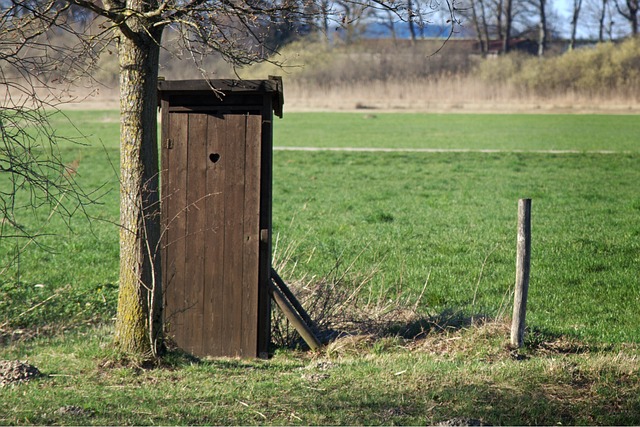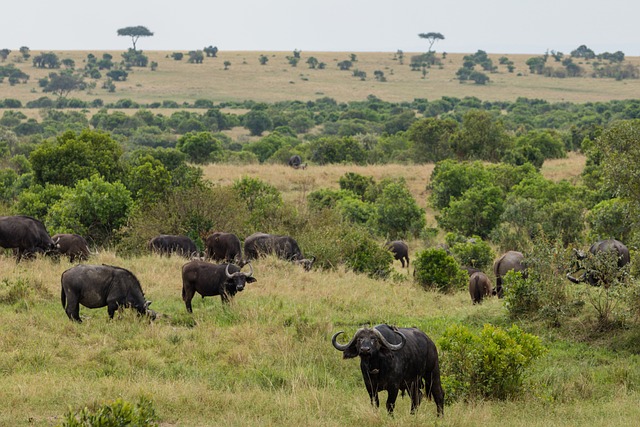fortunate son 💰 Fortunate Son: The Dichotomy of Privilege and Responsibility

Fortunate Son: The Dichotomy of Privilege and Responsibilityfortunate son
In a world where the chasm between wealth and poverty continues to widen, the concept of the "fortunate son" emerges as a poignant narrative, evoking both admiration and critique. This term, often used to denote individuals born into affluence, encapsulates a social phenomenon that transcends geographical boundaries and historical epochs. The fortunate son stands as a symbol of privilege, yet also as a harbinger of the responsibilities that accompany such an advantageous start in life.
The fortunate son is often perceived as the archetype of success, a figure who effortlessly glides through life's challenges, buoyed by an inherited wealth that offers opportunities unattainable to the less fortunate. This is not simply a narrative of material gain; it is a complex interplay of social status, access to education, and a network of connections that can propel individuals into positions of power and influence. The fortunate son seems to encapsulate a life of ease, marked by luxury, leisure, and privilege.
However, the reality of being a fortunate son is often more nuanced. While the advantages of wealth may open doors, they also come with expectations and obligations. Society frequently places a heavy burden on those born into affluence, demanding that they not only succeed but also contribute meaningfully to the community that has supported their ascent. The narrative shifts from one of mere privilege to a call for accountability, urging these individuals to utilize their resources for the greater good. fortunate son
Within this dynamic, the fortunate son faces a peculiar dilemma. On one hand, there is the allure of a self-indulgent lifestyle, a path paved with the comforts of financial security. On the other, there is the weight of societal expectation, the understanding that their successes are often juxtaposed against the struggles of those who do not share the same advantages. This duality fosters an internal conflict, as the fortunate son grapples with the question of how best to leverage their position in a world marked by inequality.fortunate son
As the fortunate son navigates this complex landscape, stories of those who have chosen to use their privilege for positive change emerge as inspiring examples. Many individuals born into wealth have recognized their unique position and sought to create initiatives aimed at addressing societal issues. Philanthropy becomes a common avenue, as these fortunate sons invest in education, healthcare, and social justice initiatives, attempting to bridge the gap created by their own privileged upbringing. fortunate son

Yet, this philanthropic endeavor is not without its critics. Skeptics argue that charity cannot remedy the systemic inequalities that persist in society; rather, it often serves to perpetuate the very structures that maintain the status quo. Some contend that the fortunate son's charitable actions, while well-intentioned, can be seen as an attempt to assuage guilt rather than a genuine commitment to equity. The narrative thus shifts once more, prompting a broader discussion on the efficacy of philanthropy and the moral responsibilities of the affluent.fortunate son

The notion of the fortunate son also invites a deeper exploration of identity and belonging. For some, the weight of privilege may lead to feelings of isolation or disconnection from their communities. The fortunate son may find themselves questioning their place in a world that often vilifies wealth. This introspection can catalyze a journey toward authenticity, as individuals seek to define their values and purpose beyond the bounds of their inheritance.
Moreover, the narrative of the fortunate son extends beyond individual stories; it reflects broader societal structures. The systemic nature of privilege means that the fortunate son is often a product of a societal framework that rewards certain demographics while marginalizing others. This reality necessitates a collective examination of privilege, urging society to confront the underlying issues of inequality and access.
In an era marked by social upheaval and calls for justice, the fortunate son must navigate the turbulent waters of privilege with awareness and intention. The lessons learned from their unique position can serve as a catalyst for meaningful change, fostering a sense of duty to advocate for those who remain voiceless. fortunate son
Ultimately, the narrative of the fortunate son is a compelling exploration of privilege and responsibility. It serves as a reminder that while wealth may provide advantages, it also demands a commitment to equity and justice. As society continues to grapple with the challenges of inequality, the fortunate son stands at a crossroads, beckoning individuals to rise above mere inheritance and embrace the profound impact they can have on the world around them. In doing so, they may not only redefine their own legacy but also contribute to the creation of a more just and equitable society for all.fortunate son
Fale conosco. Envie dúvidas, críticas ou sugestões para a nossa equipe através dos contatos abaixo:
Telefone: 0086-10-8805-0795
Email: portuguese@9099.com


